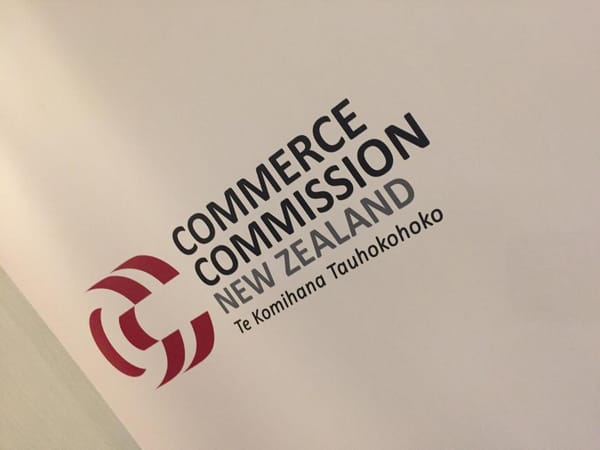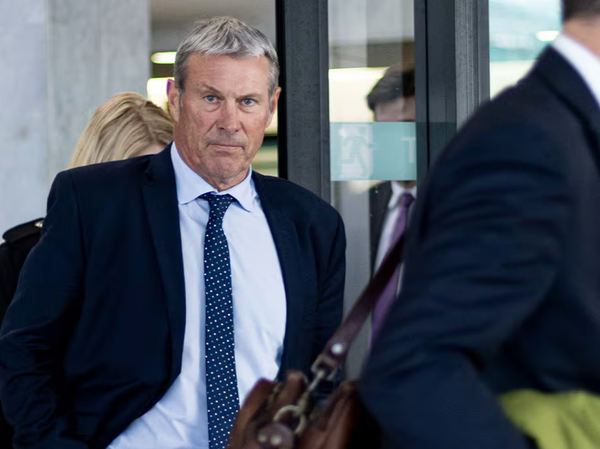The Pacific Drug Highway: How Money Laundering Turned Paradise into a Criminal Empire
When economic opportunity meets institutional weakness, the result can be the systematic transformation of entire nations into criminal infrastructure

When economic opportunity meets institutional weakness, the result can be the systematic transformation of entire nations into criminal infrastructure
The phone rang at 3 AM in Detective Inspector Sarah Williams' Auckland apartment. The voice on the other end belonged to her Fijian counterpart, and the excitement was unmistakable despite the crackling international connection.
"Sarah, you need to see this. We've found something that changes everything."
Within hours, Williams was on a plane to Suva. What she discovered would expose one of the most sophisticated money laundering operations in Pacific history—a network that had transformed the pristine waters between South America and Australia into a criminal superhighway worth billions.
The operation wasn't run by hardened gangsters or cartel kingpins. It was orchestrated by seemingly respectable businessmen, corrupted police officers, and desperate locals who had convinced themselves they were simply adapting to economic reality.
For AML professionals, their story reveals how human weakness—greed, desperation, and self-deception—can corrupt entire financial systems when the incentives are powerful enough and the oversight inadequate.
The Businessman Who Sold Paradise
Aiyaz Umarji Musa epitomised success in Fiji's business community. His Bio Pharma Limited imported pharmaceuticals across the Pacific, whilst his chain of pharmacies served communities throughout the islands. To customers and competitors alike, he was a respected entrepreneur building legitimate wealth in a challenging market.
But Musa's pharmaceutical expertise made him invaluable to criminal organisations for an entirely different reason. His import licenses provided perfect cover for bringing in pseudoephedrine — the key ingredient in methamphetamine production. His legitimate business relationships created trust that criminal organisations desperately needed to establish credible supply chains.
The psychology behind Musa's transformation reveals a pattern that AML professionals must understand. He wasn't recruited through violence or intimidation. Instead, criminal organisations exploited his business ambition and knowledge of regulatory gaps to gradually draw him into systematic crime.
The financial incentives were extraordinary. Whilst his legitimate pharmacy operations generated modest profits in a competitive market, facilitating drug imports offered returns that dwarfed anything possible through legal business. The same expertise that made him a successful businessman — understanding import regulations, maintaining government relationships, managing complex supply chains — became criminal assets worth millions.
His downfall came through financial intelligence rather than traditional policing. New Zealand authorities noticed unusual money transfer patterns through his business accounts—transactions that made no sense for a regional pharmaceutical importer but perfectly matched the profile of systematic money laundering.



